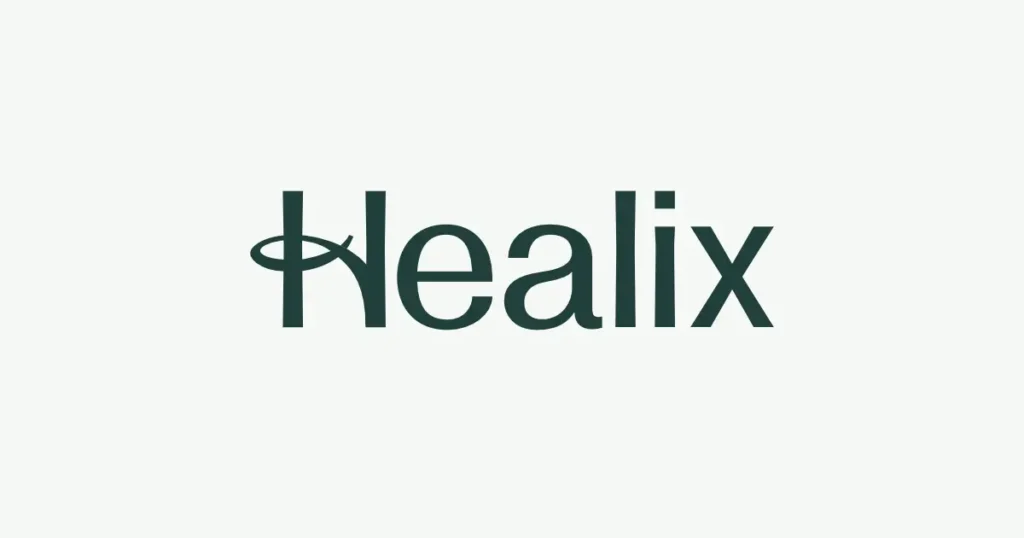In the business world, disruption is often portrayed as something loud and flashy, like the launch of a “paradigm-shifting” piece of tech. But to me, disruption means something quieter: a purposeful change based on insight, courage, and empathy. In my experience, true disruption begins with a clear view of the market and the ability to spot routines that maintain the status quo while preventing the next leap forward.
In every organisation, routines are essential as they keep things running and help set expectations. But routines can also become invisible walls that are hard to break through. Often, company rules and traditions keep people working the same way, year after year. Even if something could be improved, there is hesitation to act, out of fear of losing influence or status. The greatest barrier to progress becomes not technology or talent, but the comfort and stability that come from sticking to routines.
Seeing what others miss: how to find real market gaps
True barriers to progress rarely show up in executive summaries. Instead, they come out in honest conversations at the operational level, where frustrations, delays, and “workarounds” reveal where things break down. It isn’t enough to study market reports or industry presentations. Real insights are better found by talking to people who do the actual work, those who handle process bottlenecks and face the challenges that leadership teams might overlook.
The key, then, is simple curiosity: digging into details and asking questions until the core problems show themselves. When you finally hear someone who works hands-on in an area say, “This could honestly make our job easier,” that is both the test and proof. If a change fixes actual pain points, not just executive theories, a demand surfaces naturally, and the motivation to try something new takes root. That is where meaningful market disruption begins.
Of course, there are risks involved in every attempt to address a market’s key pain points. The greatest mistake I’ve seen is trying to pursue every idea at once. Without a clear focus, a potential disruptor can spread their attention too thin and lose momentum. I have learned the value of narrowing scope. Sometimes that means saying no to promising projects or entering fewer markets, at least for the time being. But by keeping energy concentrated, even risky plans have a far better chance of succeeding.
What future leadership requires
In the next decade, the type of leadership that drives real disruption will rely less on abstract vision and more on close engagement with real-world problems. Those leading progress will stand out for their raw curiosity about what works and constant attention to how new tools change the shape of daily work.
One quiet but powerful way leaders can support disruption is by creating safety for teams to experiment. Results end up better when leaders protect bandwidth specifically so people can test, question, and learn in manageable “blocks.” When teams know they can try and sometimes stumble, without threat to trust or position, real progress becomes possible.
Most importantly, leadership in this context is about moving in the right direction, not about perfect prediction. Mistakes and setbacks are part of the process. In my experience, ideas that earn recognition or generate excitement are not always grounded in real market needs. Awards and attention may feel good, but they do not guarantee that a solution will gain traction. The only validation that counts is when products get used, make a genuine difference, and clients choose to keep investing, not just in words, but in actual adoption.
Staying human while moving fast
In all this, what is most important is keeping sight of the people involved in each process and decision. Disruption falls flat when it pushes people aside instead of inviting them to be part of the shift. Real progress happens when every employee, not just senior staff, feels connected to the change, understands why it’s being made, and has a voice in shaping how it takes place.
No innovation can replace the value of trust and support that binds teams together during uncertain times. As companies move quickly, they need reminders that growth is about more than outcomes. It is about empowering people to contribute, stay curious, and find meaning in their work as everything around them evolves. Ultimately, staying human is not an extra step; it’s the core ingredient in any disruption that lasts.
Dalius Šimaitis is CEO of PortalPRO
















